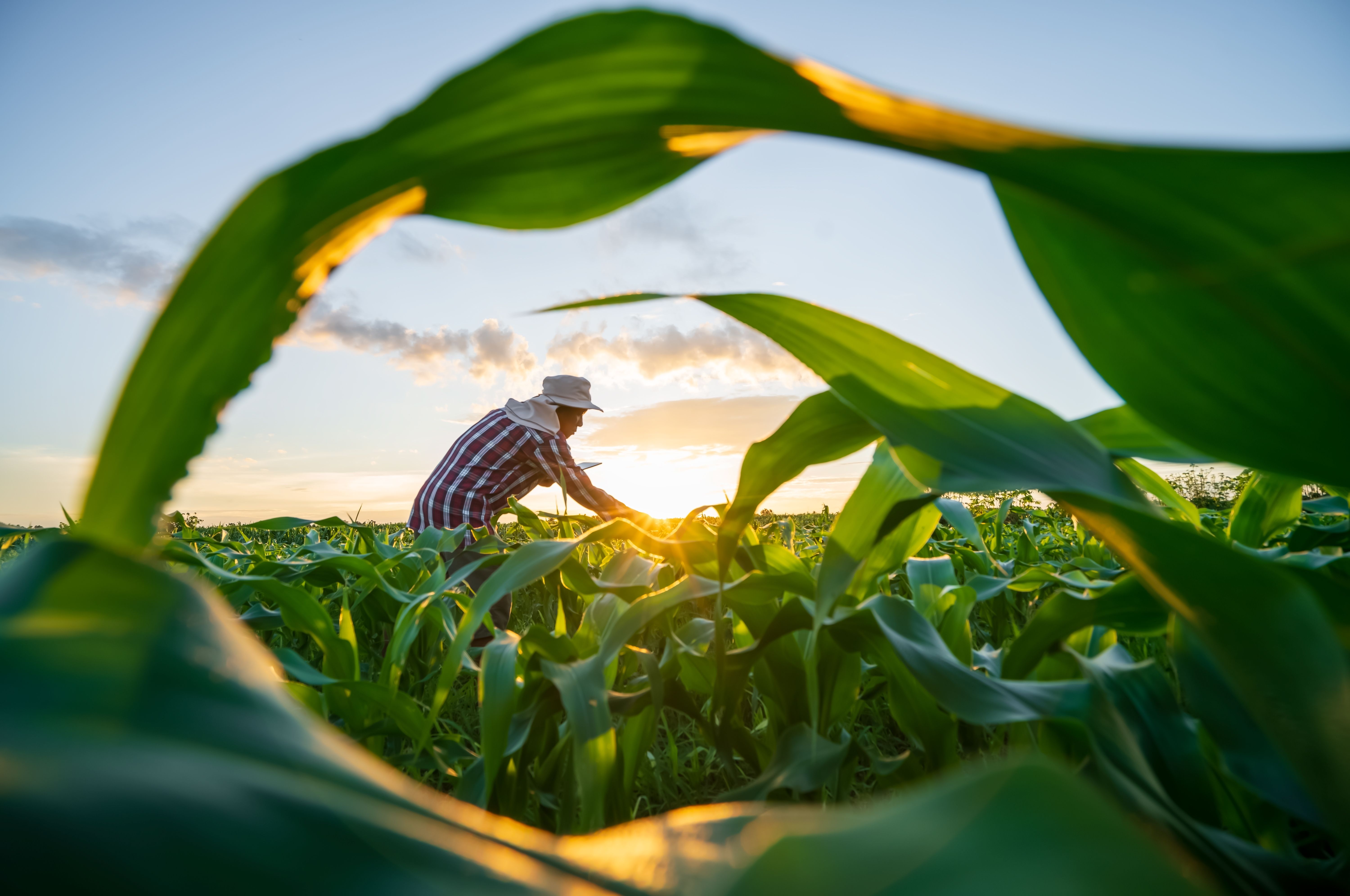It’s time to get investors on board to build sustainable and resilient agrifood systems of the future

In the past three years since COP26 in Glasgow in 2021, the world has finally recognised the transformative potential of our agrifood systems in delivering key solutions to the climate, biodiversity loss, and food security crises. This recognition was expressed by world leaders and non-state actors including private sector in their declarations at COP28 last year, calling for the transformation of agrifood systems. Furthermore, almost all countries have identified agrifood systems as a priority for climate change mitigation and adaptation in their Nationally Determined Contributions (NDCs). This year saw a particular occasion when all the three Rio Conventions on climate change, biodiversity, and desertification held their COPs featured food and agriculture in their agendas.
However, much remains to be done in making the transformation of agrifood systems a reality since the world is off track to tackle climate change and biodiversity loss, and to end hunger and malnutrition by 2030. With countries due to submit their new NDCs by February next year, COP30 is anticipated to be a key moment for demonstrating high ambition. Governments should raise their ambition in their new NDCs, National Adaptation Plans (NAPs) and National Biodiversity Strategies and Action Plans (NBSAPs) and set strong food policies to attract investments to build sustainable and resilient agrifood systems of the future. The group of five countries (Brazil, Cambodia, Norway, Sierra Leone and Rwanda.) forming the Alliance of Champions for Food Systems Transformation are expected to lead by example in integrating food and agriculture in their new NDCs.
Investors play a key role in scaling up solutions to help advance the transition towards a net-zero future. However, investors are also increasingly realising that they cannot drive the transition to a more sustainable agrifood system and address the material risks in the sector by themselves. Governments need to align their policies with the climate and nature goals. This is why FAIRR, a collaborative investor network, was actively engaged in both COP16 biodiversity and COP29 climate change to explore opportunities for supporting governments to integrate food into their NDCs and to establish policies for sustainable and resilient agricultural practices. It’s time to get investors on board to deliver transformative change for sustainable and resilient agrifood systems.
Let’s make 2025 the year where we start to show real progress/results by raising ambition and putting in place enabling and de-risking policies to attract investments.

Zitouni Ould-Dada, Senior Advisor, FAIRR


